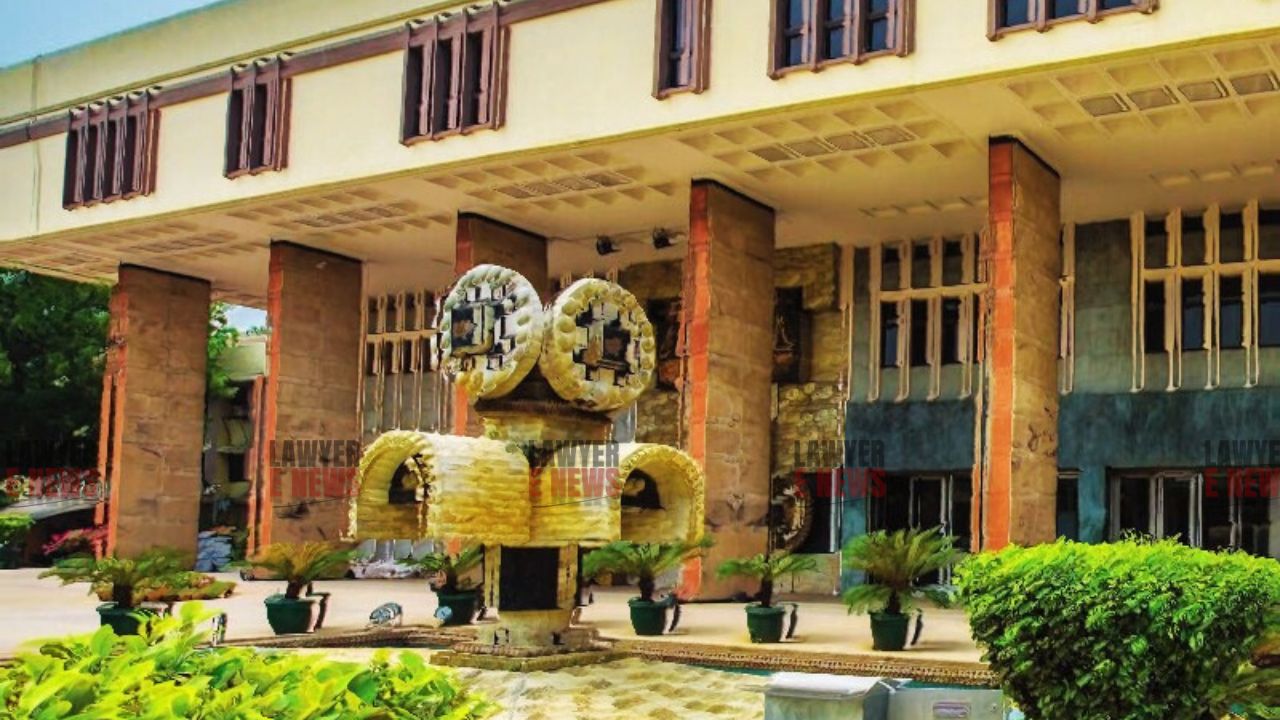-
by sayum
14 February 2026 2:22 PM



The Delhi High Court has granted parole to Jahangir @ Ekka @ Ibrahim, a Bangladeshi national serving life imprisonment, highlighting the significance of reformation and maintaining familial relations. Justice Swarana Kanta Sharma emphasized the objectives of the Delhi Prison Rules, 2018, in facilitating a convict’s reintegration into society.
Jahangir, currently confined in Tihar Central Jail, was convicted under Sections 302/34 IPC and Section 25 of the Arms Act in FIR No. 254/2003 and under Sections 395/397 IPC in FIR No. 41/2011. His appeals against these convictions were dismissed in 2009 and 2014, respectively. Having served over 17 years in prison, Jahangir sought parole to reconnect with his family and address personal matters.
The court underscored the reformative intent behind parole, stating, “Parole and Furlough to inmates are progressive measures of correctional services. The release of prisoner on parole not only saves him from the evils of incarceration but also enables him to maintain social relations with his family and community.”
Jahangir’s satisfactory conduct during his imprisonment was pivotal in the court’s decision. The court noted, “During the entire period of more than 17 years and 06 months of actual custody, the conduct of the petitioner has remained satisfactory in the jail.” The petitioner had worked as a langar sahayak and had not committed any prison offenses during his incarceration.
The court acknowledged the verification of the petitioner’s sister’s residence in Delhi. Jahangir’s commitment to reside with his sister during the parole period was confirmed by the police’s verification of her identity and address.
Justice Sharma emphasized the balance between state security and the convict’s rights. “This Court has to balance the rights of the State as well as the rights of a convict, especially in cases where the period of incarceration exceeds 17 years,” she stated. The court referred to the Delhi Prison Rules, 2018, which advocate for parole to help inmates maintain self-confidence, develop a sense of hope, and stay connected with societal developments.
Justice Swarana Kanta Sharma remarked, “The release of prisoner on parole motivates him to maintain good conduct and remain disciplined in the prison.”
The Delhi High Court’s decision to grant parole to Jahangir underscores the judiciary’s commitment to the reformation and rehabilitation of convicts. This judgment reaffirms the principles enshrined in the Delhi Prison Rules, 2018, aiming to facilitate the reintegration of prisoners into society by allowing them to maintain familial and social ties. Jahangir’s case highlights the court’s balanced approach in considering both the rights of the state and the individual, setting a precedent for future parole petitions.
Date of Decision: July 26, 2024
